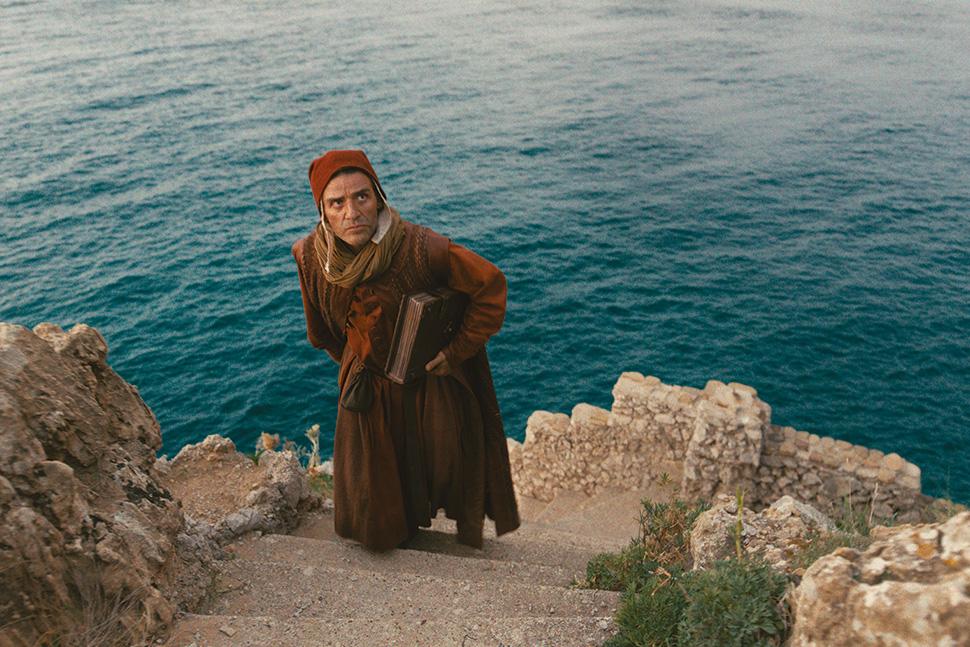It’s official: 2025 is the year of the double. This year, cinemas have been flooded with movies in which actors play, quite literally, against themselves, taking on the roles of twins, clones, and strangers who look uncannily like each other.
In February, Theo James played two diametrically opposed brothers in Osgood Perkins’ horror film “The Monkey” this February. In March, Robert Pattinson played a series of clones in Bong Joon Ho’s aptly-named “Mickey 17.” By April, Michael B. Jordan had joined the fray, playing a pair of twin brothers in Ryan Coogler’s smash hit “Sinners.” And that was just the first half of the year.
There’s just something about a doppelganger that feels uniquely cinematic. A person who looks like you, thinks like you, and maybe even lives like you has always been a subject of fascination and dread in literature and philosophy, a concept that raises questions about individuality and the collective. But on the screen, seeing the effect of one person mimicked and duplicated proves all the more uncanny and unnerving. Science fiction, horror, and a multitude of other genres have used duality as a means to terrify, unsettle, and provoke.
And then, of course, there’s the acting challenge. For an experienced actor or an up-and-comer alike, playing dual roles is the ultimate flex, a way to show your range in a single project. Whether playing twins or identical strangers, an actor who takes on a dual role has to manage the trick of being both an individual and a duo, of separating the two through minute behaviors while finding the shared traits that link them. It’s a demanding task, and part of what makes a doppelganger movie so intriguing to watch.
Read on for IndieWire’s selection of the 15 best doppelganger films of all time.
“The Great Dictator” (1940)
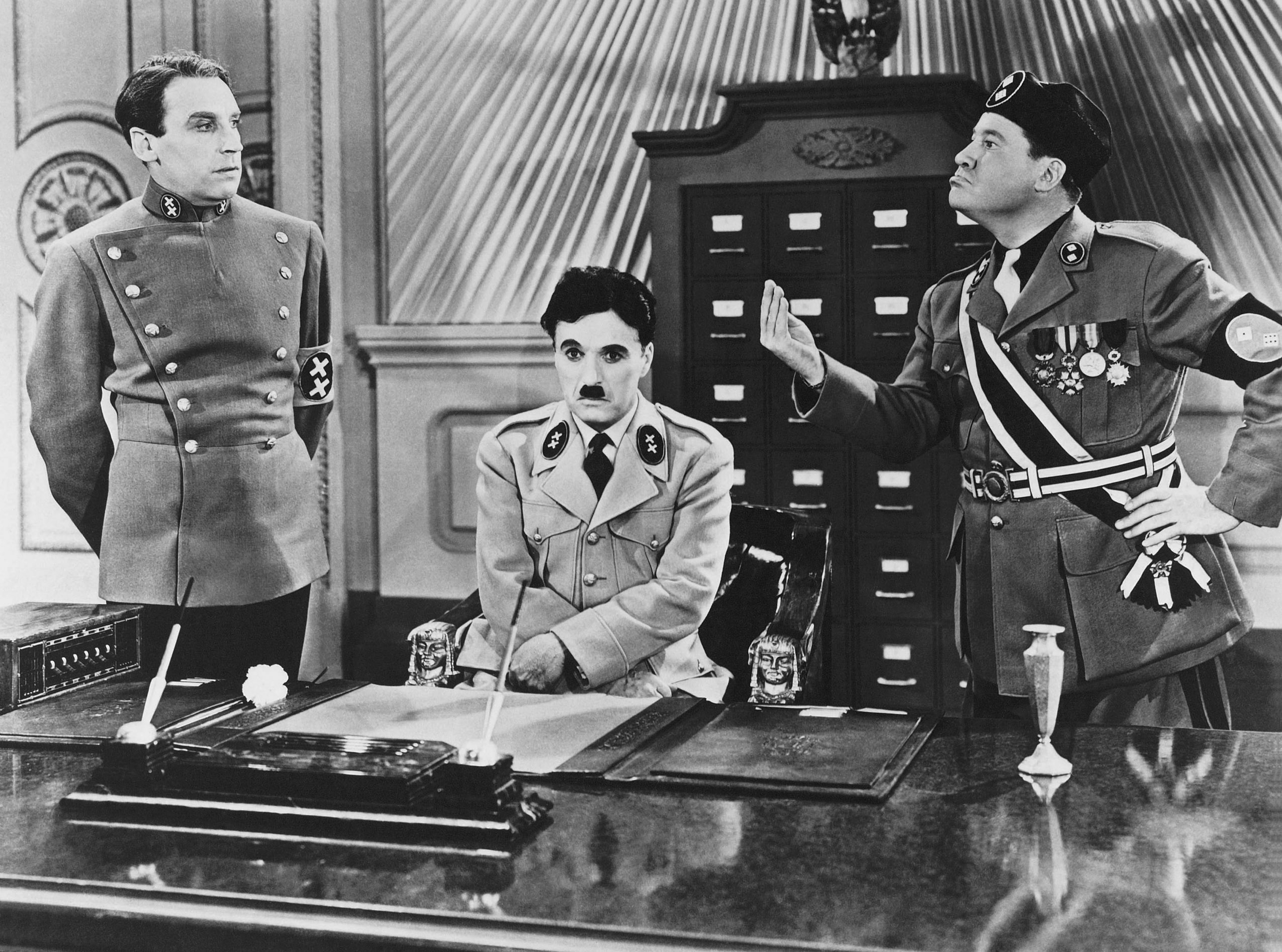
For his first fully sound film, silent screen icon Charlie Chaplin made an audacious doppelganger film that served as a rebuke and condemnation of fascism and Nazi German antisemitism at a time when the U.S. was still neutral to Adolf Hitler’s reign and the position could still be seen as “controversial.” Chaplin plays both lead roles, of a dictator who rises to power following the Great War and enacts antisemitic policies, and as the Jewish barber who struggles to rebel against the horrific regime. The result is a terrifically funny comedy of errors that calls to mind Shakespearean mistaken identity plays, but one with blazingly furious messaging about the importance of standing against injustice. In the dual role, Chaplin does some of his best work, particularly in a poignant ending monologue that proved he had the acting chops beyond the silent films that made him an icon.
“Vertigo” (1958)
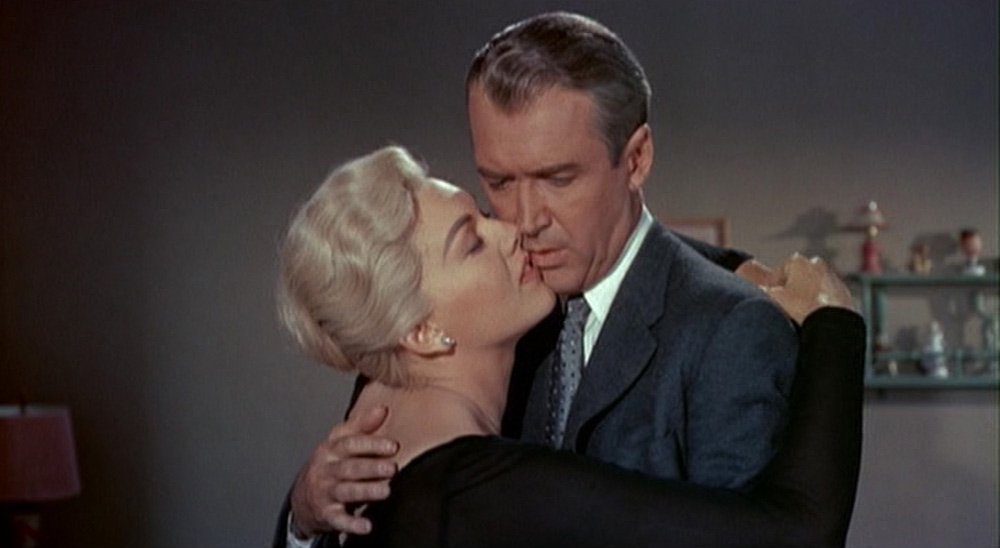
“Vertigo” is such a canonical classic that it can be easy to forget how deeply and genuinely disturbing it is. Alfred Hitchcock’s masterpiece is a consistently surprising watch best gone into blind, but at its core, the thriller tells a story of obsession and possession, as James Stewart’s failure of a detective grows mad about the woman he’s been assigned to track, and when he loses her, attempts to mold a look-alike in her image. Kim Novak plays both women (or maybe just one?), and gives a psychologically rich portrayal of how this double life frays her very sense of self.
“Kagemusha” (1980)
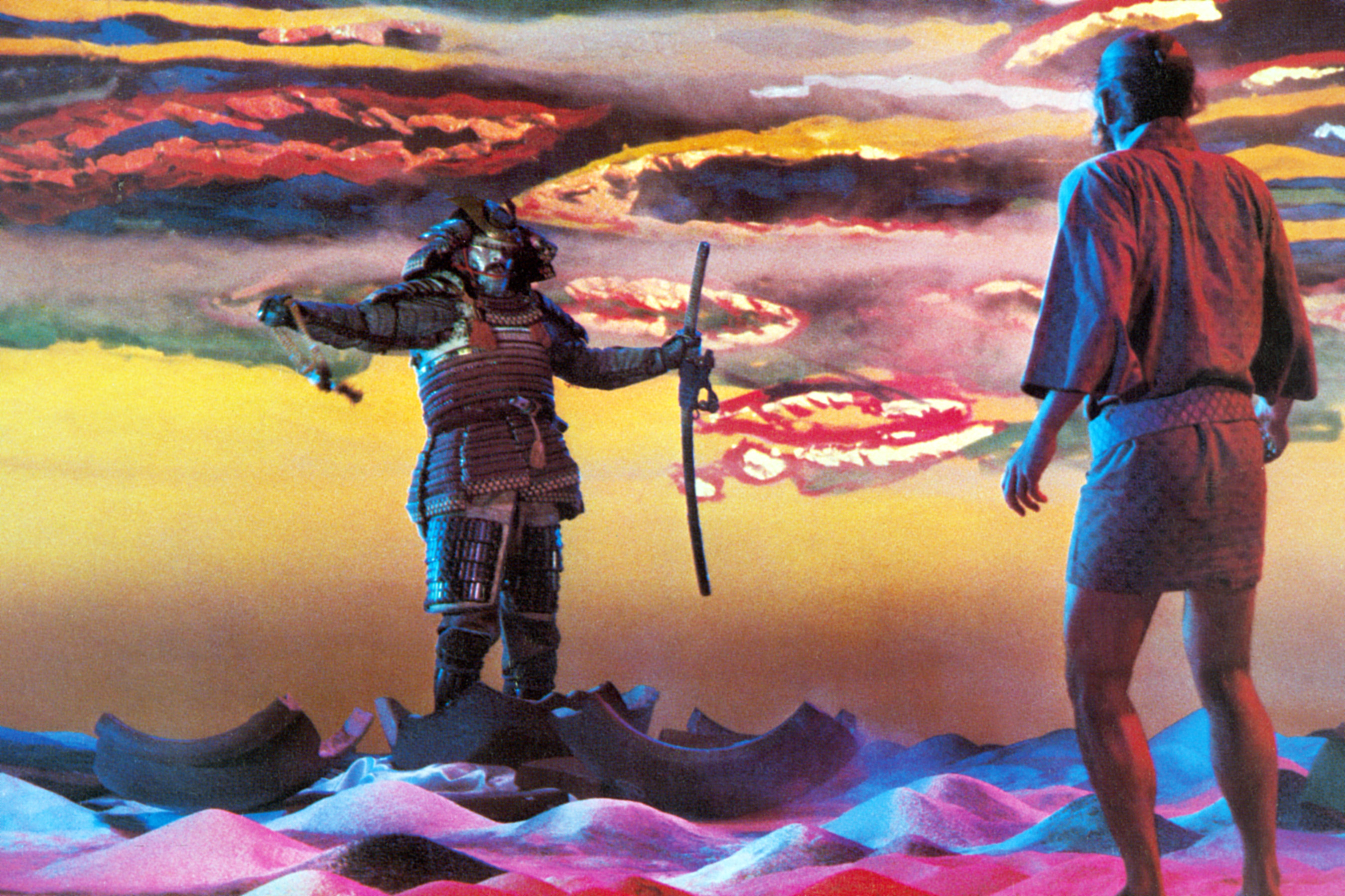
Although it isn’t quite as famous as some of his other masterpieces, “Kagemusha” is one of Akira Kurosawa’s richest and most fascinating epics, featuring sumptuous battles and period recreations of Japan’s Sengoku period. But the conflict at the film’s heart is incredibly intimate, focusing on a common thief (Tatsuya Nakadai) forced to impersonate the dying lord Takeda Shingen. As he takes on this role, the thief grows increasingly ambitious, but he’s also haunted by the spirit of the man whose life he’s taken. Kurosawa often focused on the relationship between reality and illusion in his films, and “Kagemusha” proves one of the most direct and poignant portrayals of the murky lines between the two.
“Possession” (1981)
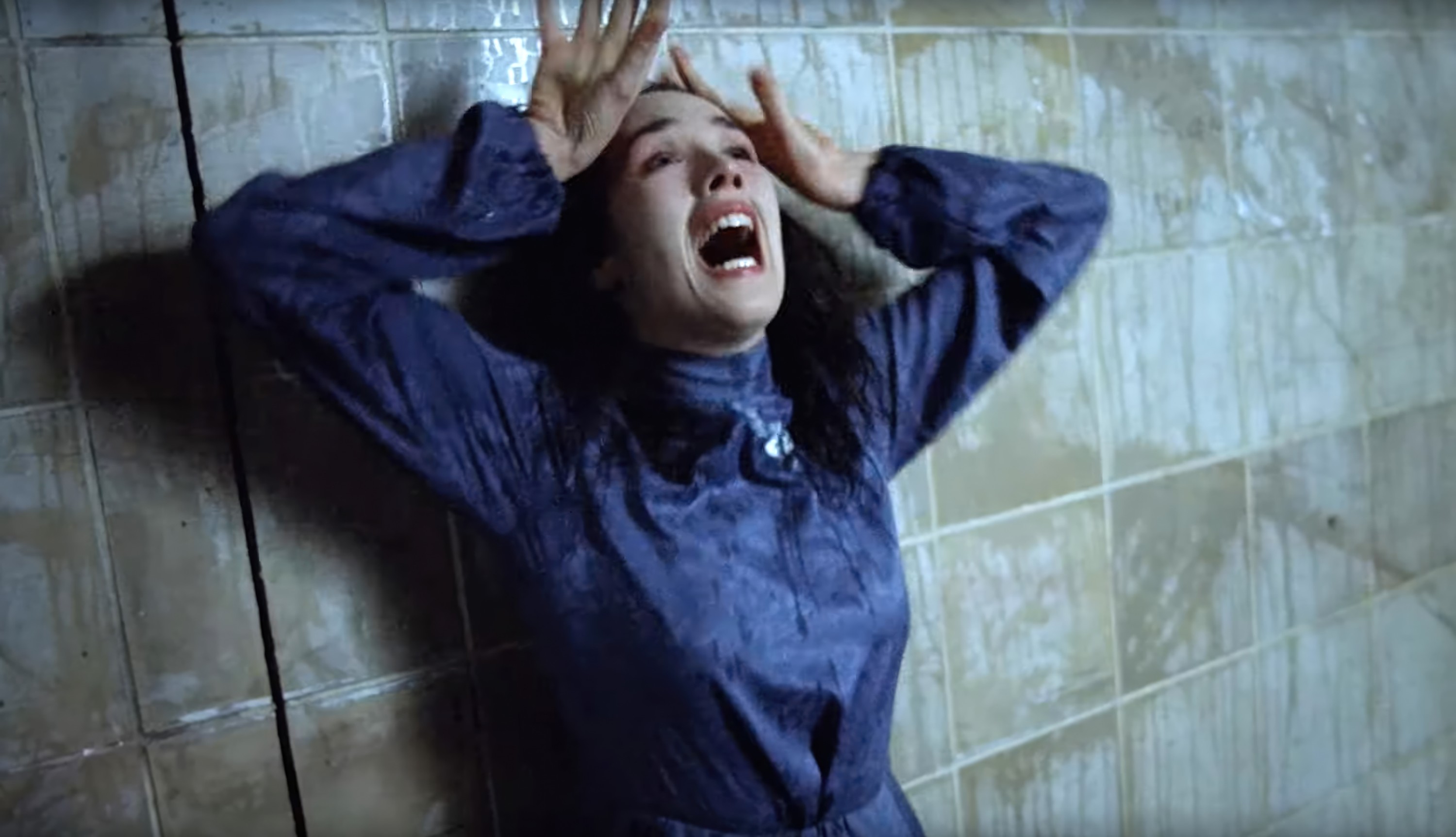
A cult classic horror story, Andrzej Żuławski’s “Possession” was filmed in the wake of the director’s own divorce, and its portrait of marital decay proves nightmarish. At the oblique narrative’s center is Isabelle Adjani’s phenomenal dual performance as Anna, a woman who abruptly divorces her husband amid what seems to be a psychological breakdown brought on by her mysterious doppelganger Helen. The film never entirely answers the question of their relationship conclusively, but there are more doubles in the film, including one for Anna’s husband Mark (Sam Neill). These doubles seem to represent perfect versions of the spouses at the film’s center, idealized fantasies of what the two want from each other, even as their separation tears their union apart. Whatever your interpretation, there’s no denying that “Possession” proves to be one of the most unsettling doppelganger stories of them all.
“Dead Ringers” (1988)
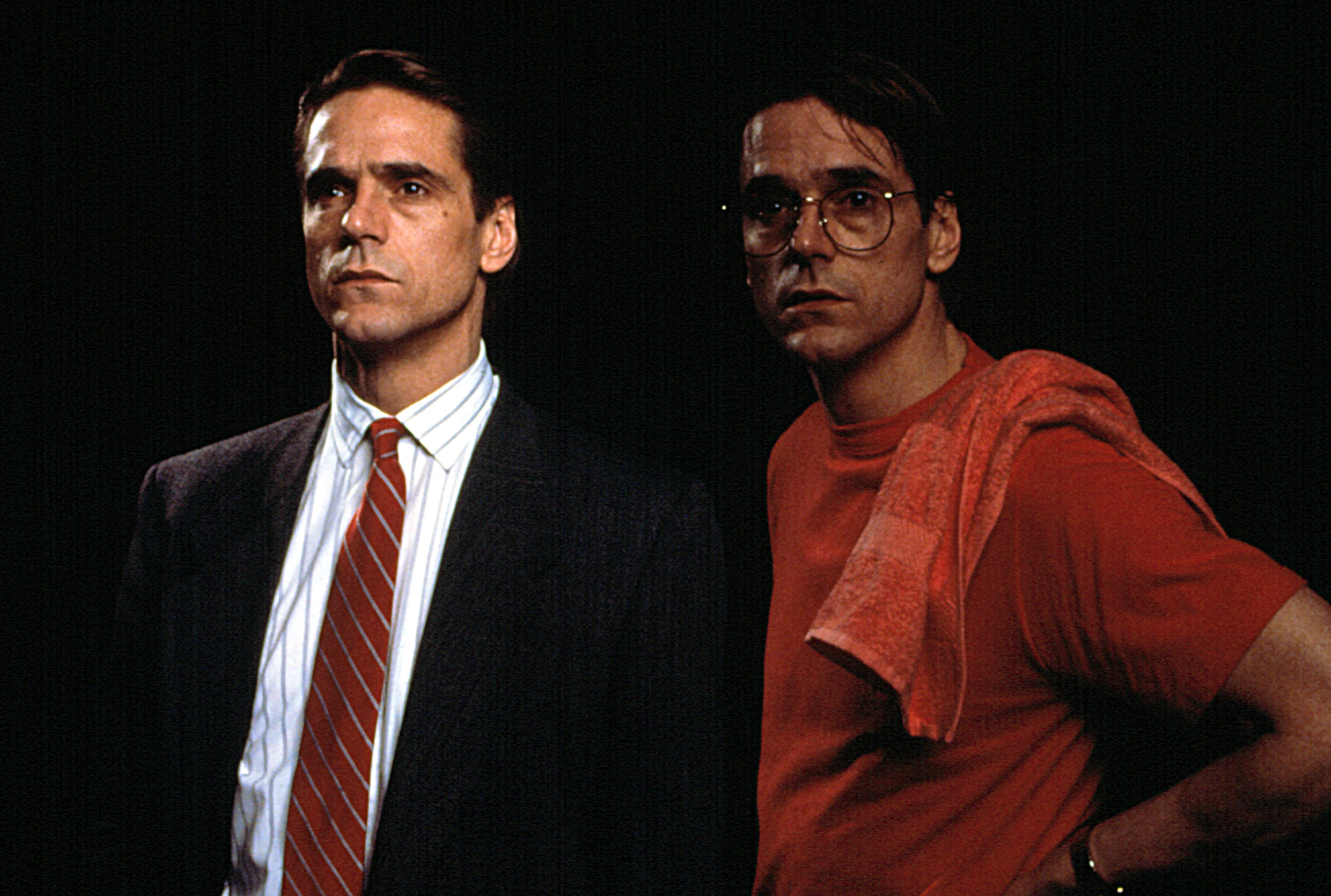
Unlike some of the films on this list, the doubles of “Dead Ringers” have a mundane reason for existence — Jeremy Irons’ dual gynecologists are merely just two twins, one shy and one confident, who run a clinic together. And yet, Elliot and Beverly Mantle prove highly unnerving, thanks in part to the off-kilter convincing performance from Irons, as well as the symbiotic relationship the film tracks. The two share everything, from their business to their lovers, a status quo that works well for Elliot but drives Beverly to madness when it hurts a woman he cares about. David Cronenberg’s chilling film is one of his least gruesome but one of his most disturbing, a portrait of a deeply toxic relationship that proves both off-putting and subtly heartbreaking.
“The Double Life of Véronique” (1991)
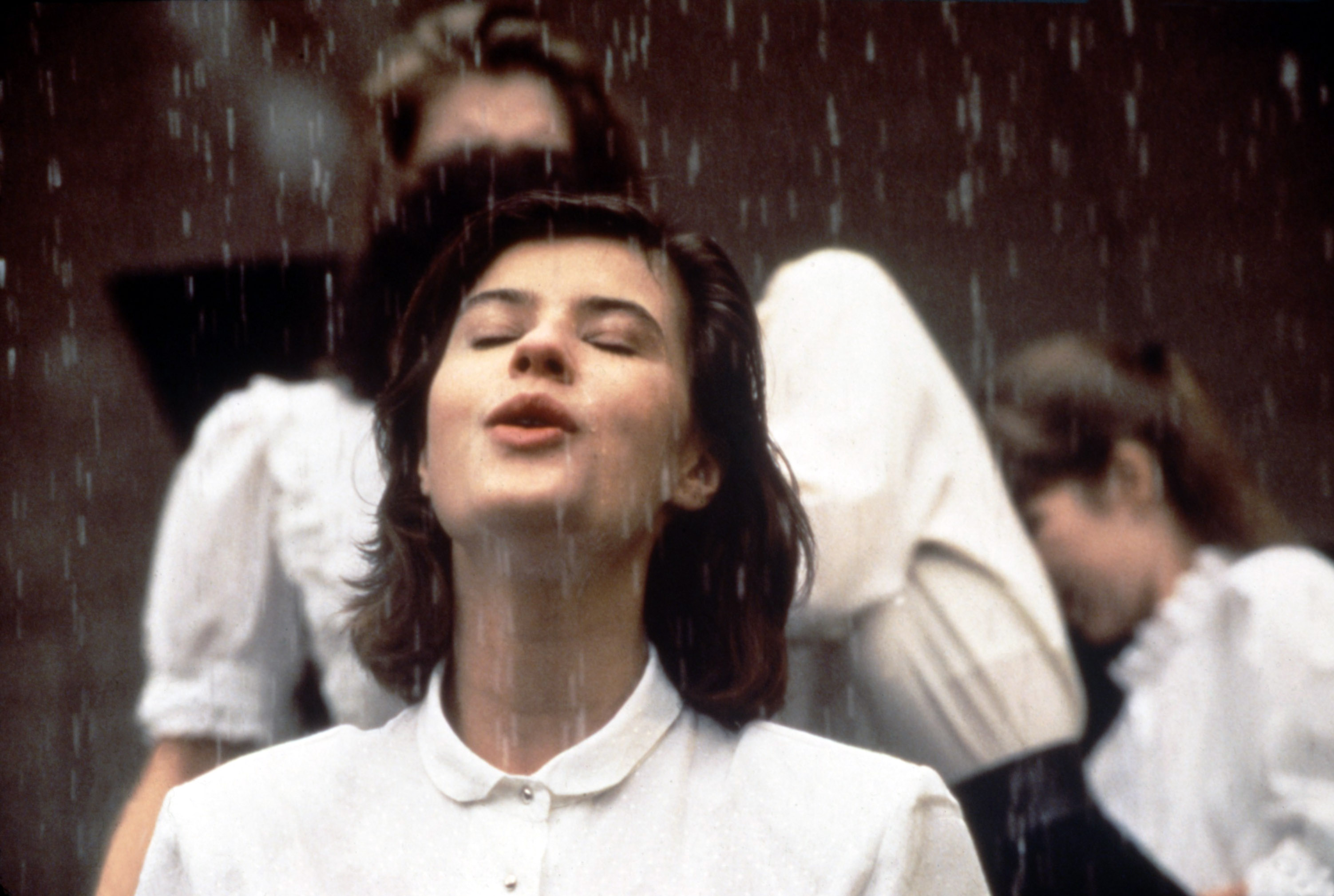
Enigmatic and bold, Krzysztof Kieślowski’s “The Double Life of Véronique” casts Irène Jacob as two identical women living in separate countries. Polish choir singer Weronika and French music teacher Véronique never come face-to-face, but they feel a sense that they aren’t alone in the world, and their strange bond causes their lives to reflect each other in strange and surprising ways. Kieślowski’s film is awash in dreamlike imagery, with hazy cinematography and an operatic score that pulses with emotion. The film is a love story of sorts, and “The Double Life of Véronique” makes you believe a bond between two people who never actually meet.
“Double Impact” (1991)
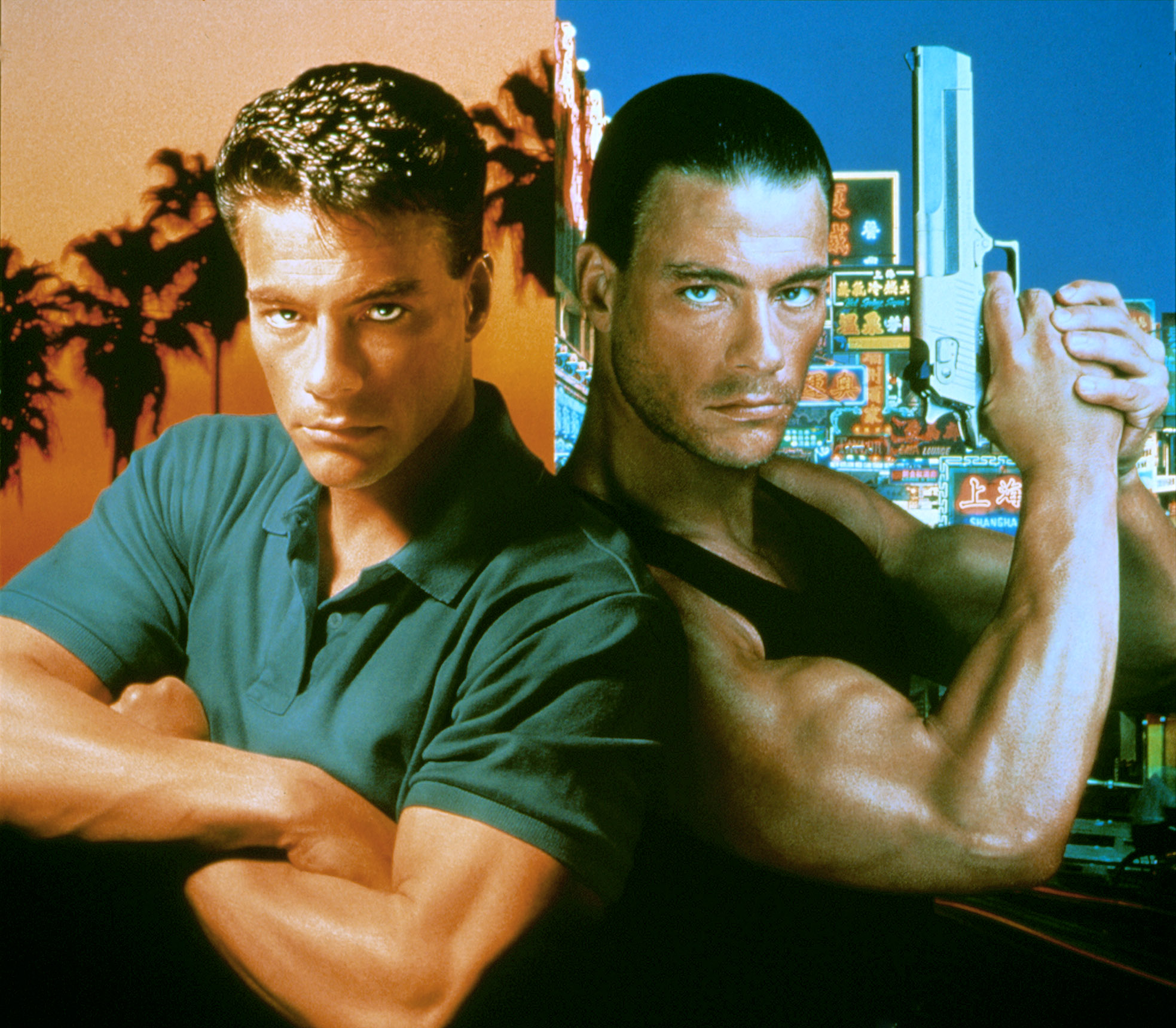
Not Jean-Claude Van Damme’s best or most iconic testosterone-fueled early ’90s action flick, “Double Impact” still gets the job done by offering some dumb fun martial arts action into the world of the doppelganger. Its twist on the kind of revenge story that has fueled thousands of films of its ilk is that there isn’t just one beefy, badass Van Damme character seeking vengeance for the death of his father: there’s two. Chad is a peaceful martial arts instructor living in Los Angeles; Alex is his hotheaded estranged twin desperate to hunt down the Hong Kong crime boss who killed their father. Together, they need to overcome their differences to take down the ice-cold Raymond Zhang (Phillip Chan). Van Damme isn’t necessarily the most versatile actor, so the appeal of seeing him differentiate his two characters doesn’t really factor into the film’s appeal. Instead, “Double Impact” mostly asks the question, “Wouldn’t it be cool if Van Damme could kick twice as much ass?” The answer, predictably, is “Yes, very.”
“The Parent Trap” (1998)
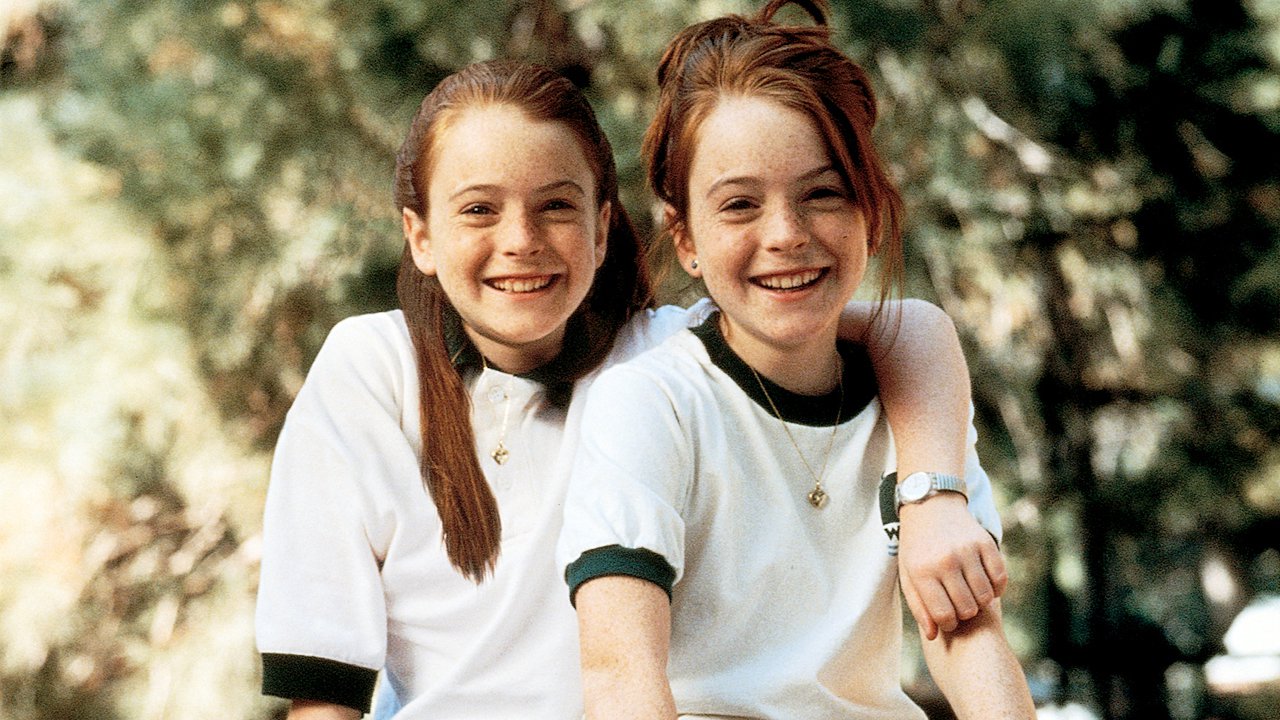
Most of the films on this list use doubles as a means to terrify, unsettle, or unease the audience. Nancy Meyers’ beloved family comedy “The Parent Trap” instead uses it to fulfill the fantasy of finding a friend, a whole sibling, who understands you on a level nobody else possibly could. Lindsay Lohan, in a genuinely great performance, plays Hallie and Annie, two twins separated shortly after birth by the world’s craziest custody arrangement, in which their divorcing parents each took custody of one and decided to never see the other twin again. But when the girls meet at summer camp, they realize their shared heritage and team up to switch places and get their parents together again. A remake of the 1961 Disney film, the ’90s “Parent Trap” looms tall over the others, thanks to Lohan’s spirited and charming work as the twin girls, and a warm ensemble — including Dennis Quaid and Natasha Richardson as the mismatched parents — that ensures the film remains an all-time comfort watch.
“Mulholland Drive” (2001)
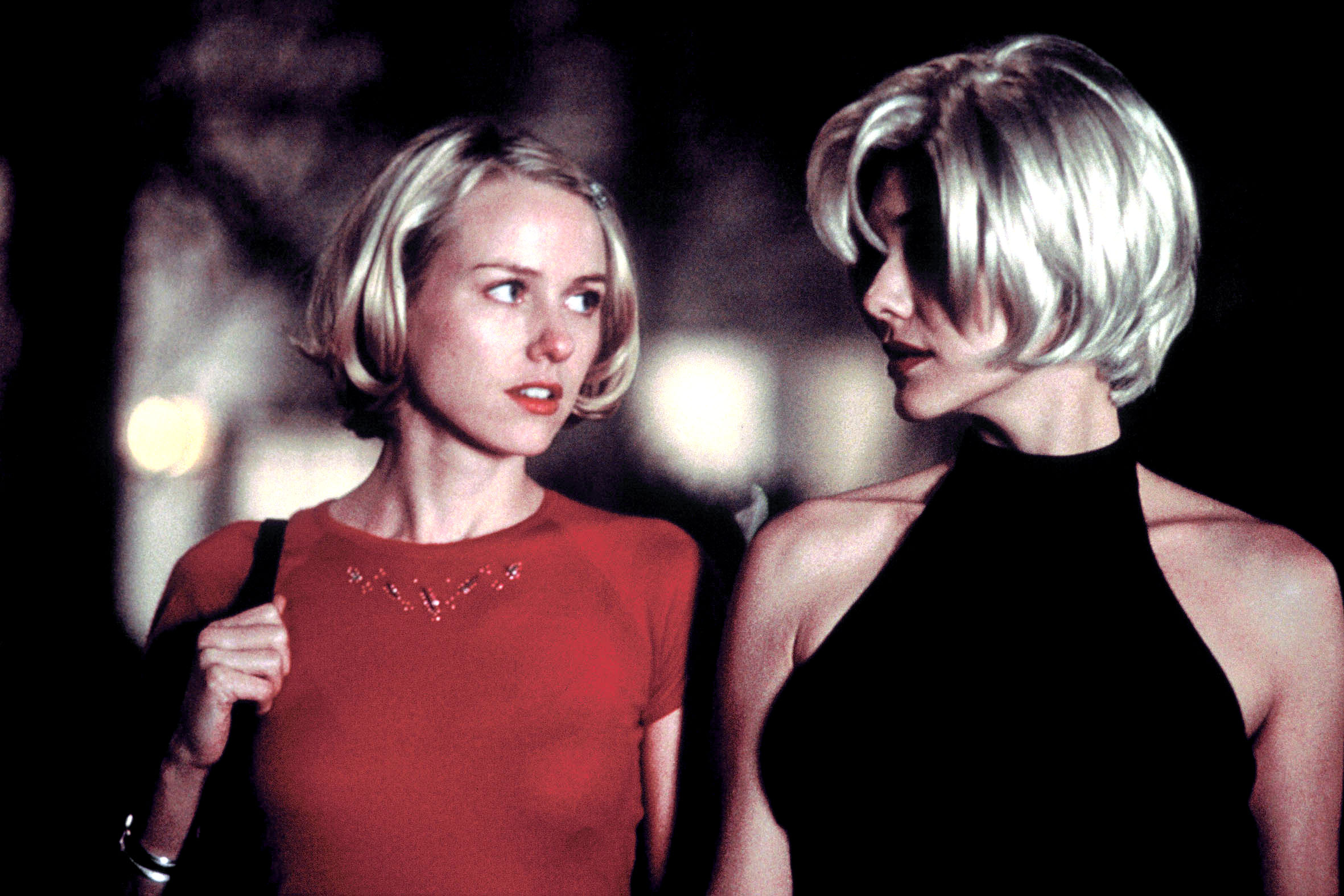
David Lynch’s work has always been concerned with identity and duality — see the doppelgangers that pop up throughout the “Twin Peaks” canon, or the strange replacements and stolen lives in “Lost Highway.” But his magnum opus “Mulholland Drive” is perhaps the most obvious distillation of this theme, casting the central lovers, played by Naomi Watts and Laura Harring, as two different sets of women living very different lives in the city of dreams. In one, Watts is Betty, a talented ingenue and aspiring actress looking to help Harring’s amnesiac Rita find her true identity. In another, Watts is the bitter and failed Diane, whose love for Harring’s emotionally unavailable Camilla drives her to ruin. How these two parallel lives intersect is a question that has beguiled fans of the film for over two decades, but regardless of how you interpret it, it’s an unforgettable look at the rot underneath Hollywood dreams, with an all-time phenomenal performance from Naomi Watts at its core.
“Adaptation” (2002)
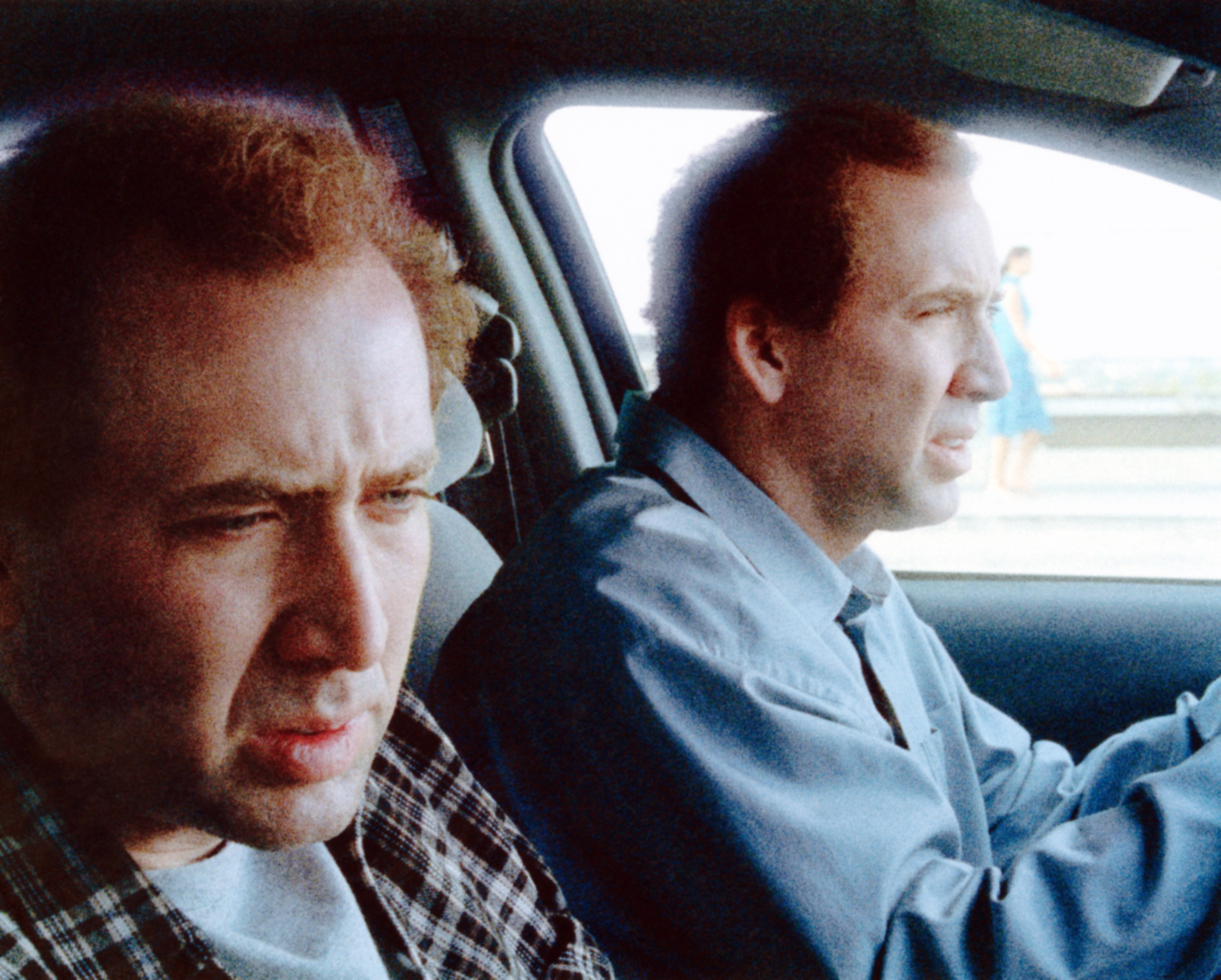
Spike Jonze and Charlie Kaufman’s inventive and hilarious dramedy “Adaptation” has a screenplay credited to Kaufman and his twin brother, Donald. The catch? Donald doesn’t exist; he’s instead a character in the film, about his brother Charlie adapting Susan Orlean’s nonfiction book “The Orchid Thief.” Yeah… it’s a lot. “Adaptation,” in general, is just a lot, a film bursting at the seams with ideas as it satirizes and parodies the writing process, incorporating real-life elements with fiction and even managing to sort of adapt the actual “Orchid Thief” via a plotline involving Meryl Streep as Orlean and the book’s central subject John Laroche. But the film’s center is the relationship between the fictionalized Kaufman and Donald, and “Adaptation” features a great performance from Nicolas Cage as the brothers. Kaufman literalizes the process of imposter syndrome and insecurity by making Donald into the confident man the fictional Charlie wishes he could be, and their push and pull is equal parts hilarious and genuinely moving.
“The Prestige” (2006)
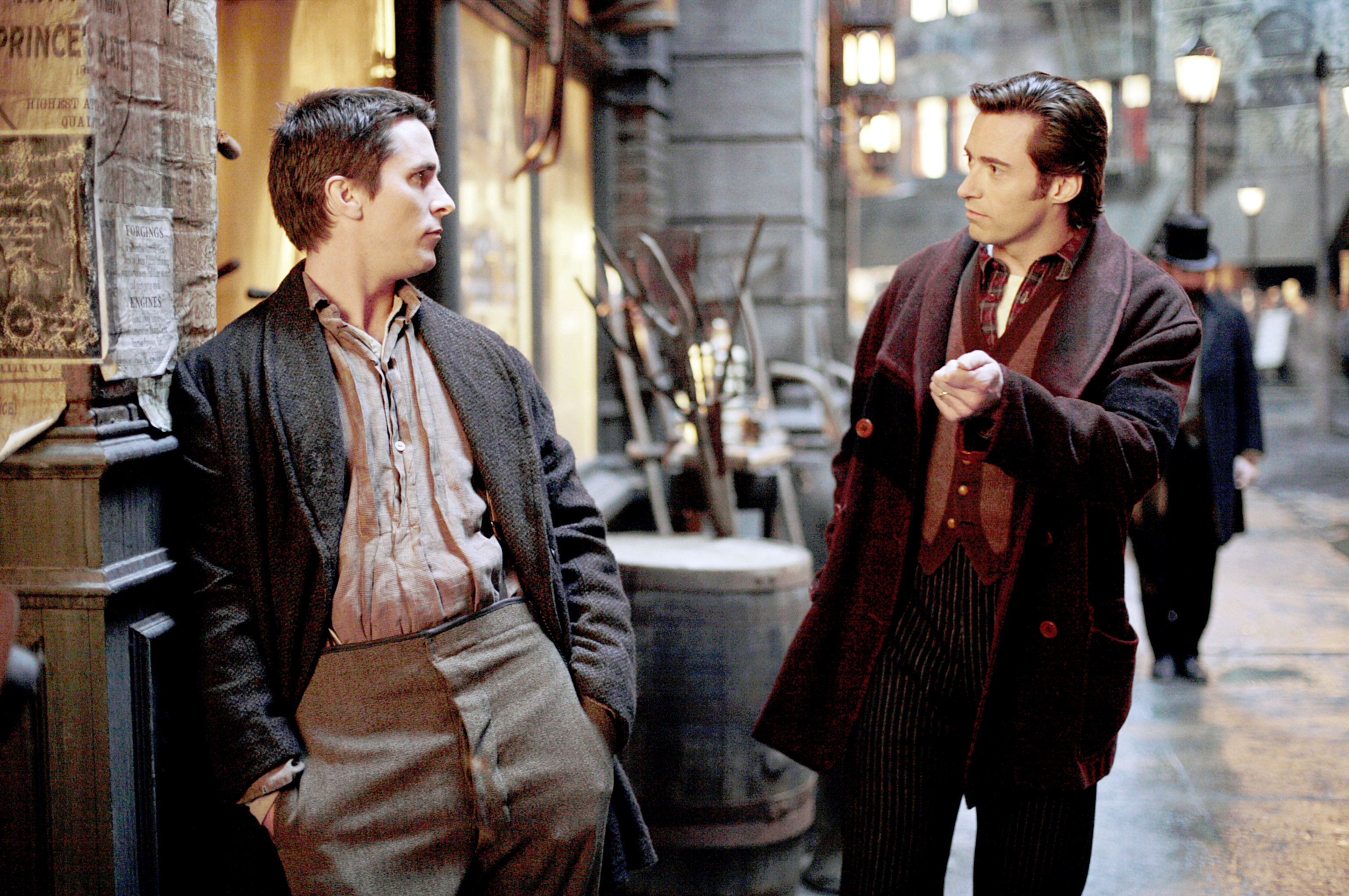
There are multiple types of doubles within “The Prestige,” Christopher Nolan’s wonderfully icy and austere psychological thriller about the world of magic. Edwardian magicians Alfred (Christian Bale) and Robert (Hugh Jackman) are bitter rivals, and when Alfred debuts a teleporting act to much acclaim, Robert is determined to one-up him and replicate it. Both of the methods these men come from the use of doppelgangers, although explaining how is already a massive spoiler in a movie that gets much mileage via sleight-of-hand reveals of its inner-workings to the audience. What makes “The Prestige” tick is its portrait of two men determined to put everything of themselves into their craft, and the third-act reveals that contextualize everything brings that idea to quite literal places.
“Moon” (2009)
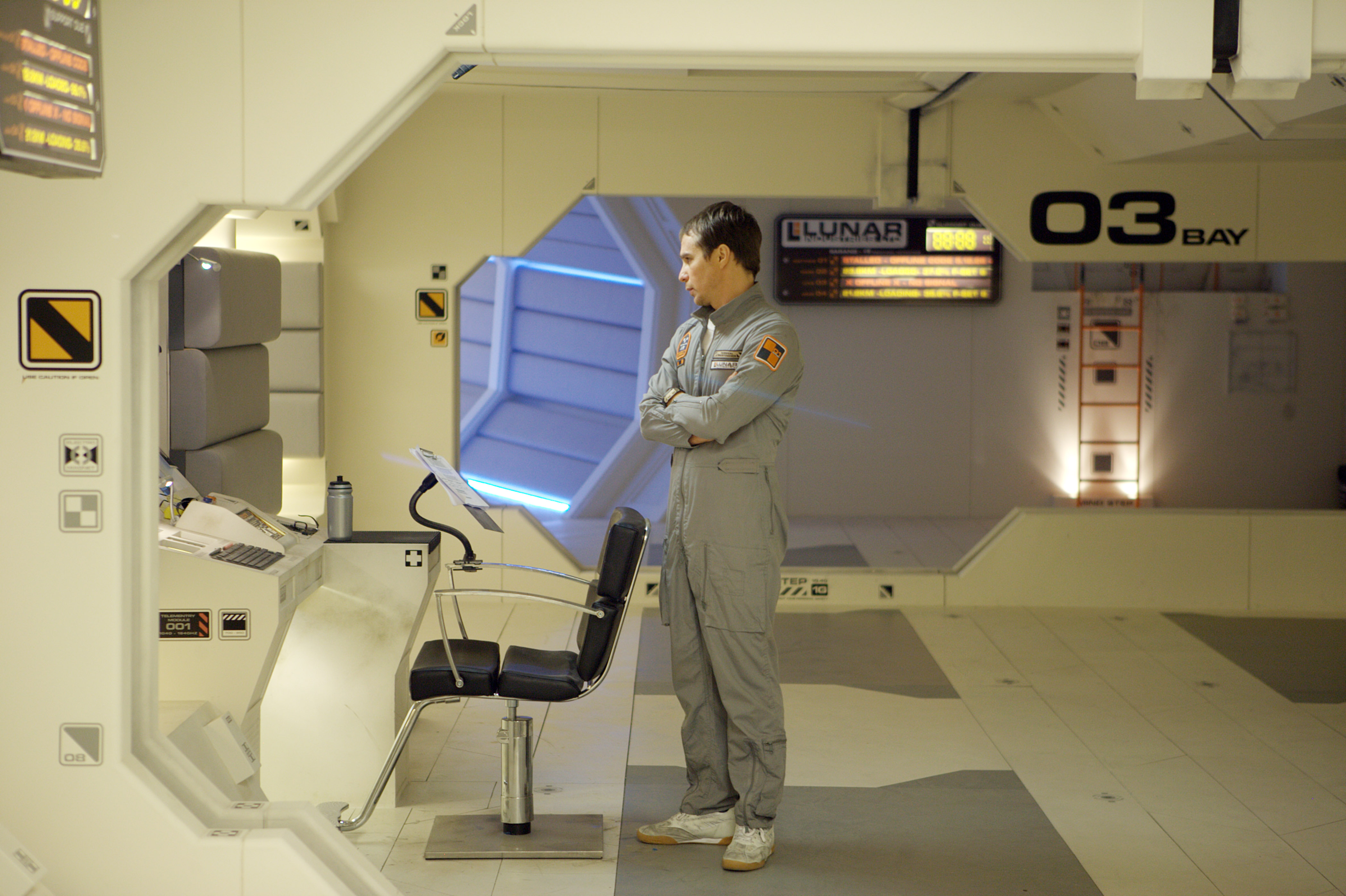
One of the best science fiction films in recent memory, “Moon” captures the isolation and horror of space through the story of Sam (Sam Rockwell), a helium miner on the Moon who has spent three years alone in the base, separated from his family and nearing the edge of his sanity. As he begins to experience hallucinations, he encounters an older version of himself, and the question of who is the clone and who is the original haunts both versions of the man. Duncan Jones’ film is a smart chamber piece about individuality and identity, with an excellent dual performance from Rockwell at its core.
“Enemy” (2013)
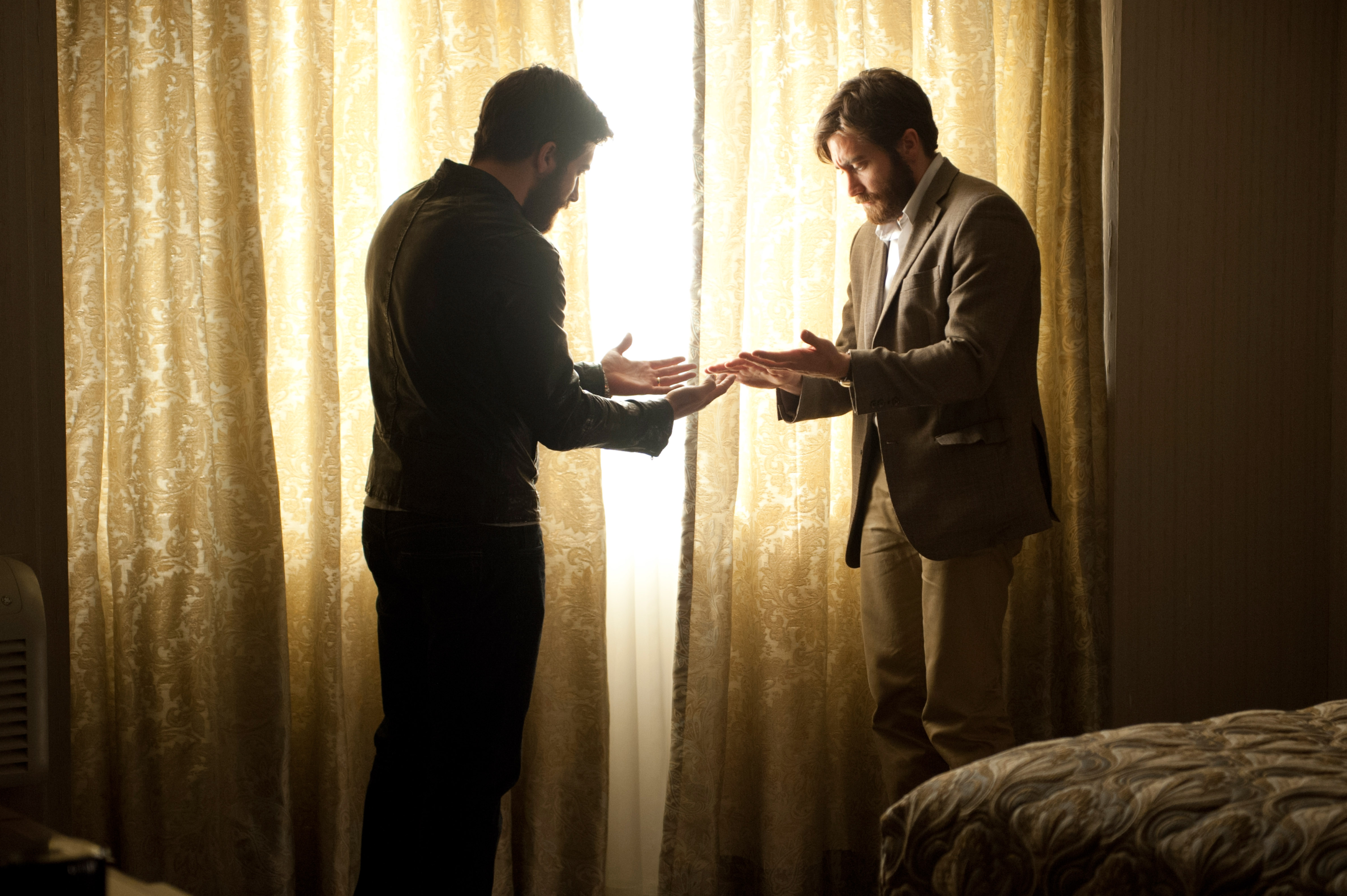
Practically an intimate chamber drama compared to the vast epics he has now become most known for, Denis Villeneuve’s “Enemy” wrests its twisty-turny psychological thriller plot on the work of Jake Gyllenhaal, who plays two men who are physically identical but (seemingly) completely unrelated, and whose existence slowly drives them both to ruin. Gyllenhaal makes both men convincingly different: the meek history teacher Adam is quiet and insular, while local actor Anthony is direct and curt. As they stalk and circle each other, the men begin sharing similar dreams, and the question of their relation and if they’re truly the same grows more and more puzzling. “Enemy” doesn’t totally land its heady attempts to explore themes of subconscious and identity, but as a tautly made thriller, it’s aces, and Gyllenhaal’s performance(s) is enough to make it frighteningly.
“Mickey 17” (2025)
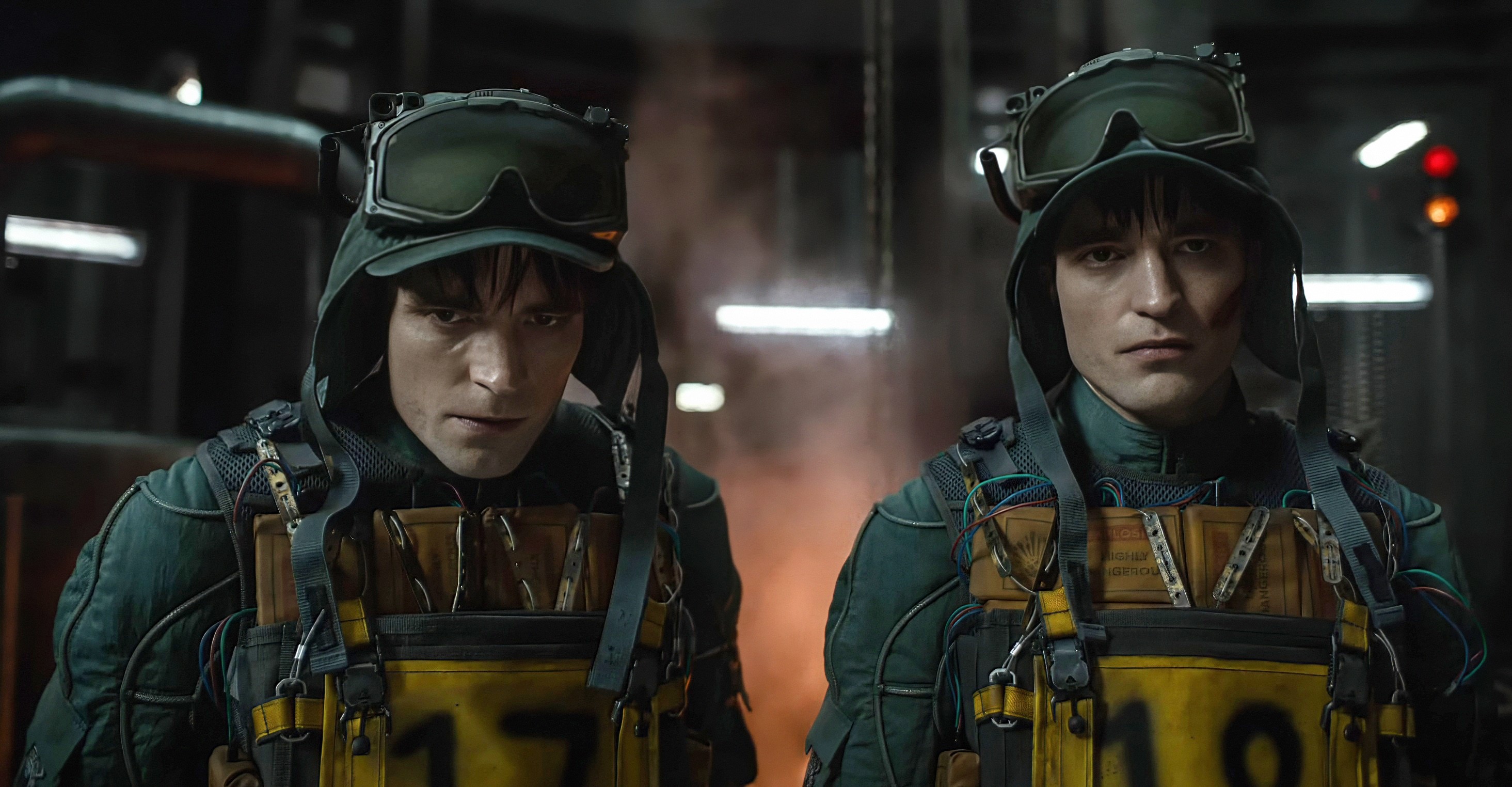
There’s a lot about “Mickey 17” that doesn’t fully work: Bong Joon-ho’s adaptation of the satirical Edward Ashton novel has a messy script that undercuts its bleak capitalist satire, plus some fatally miscalculated supporting performances from Mark Ruffalo and Toni Collette as grating Trumpian stand-ins. What the film does offer, however, is one of the great dual performances in recent memory from Robert Pattinson as two clones of the original Mickey Barnes, an endearing sad sack loser who signed away his life rights to die repeatedly doing the menial work necessary for a colonial spaceship voyage. Both the 17th iteration that serves as the film’s main protagonist and the 18th iteration that becomes the dope’s main foil are, in Pattinson’s hands, very easy to tell apart. Long a chameleon vocally, the “Twilight” star gives 17 a flat nasal affect but roughs it up a little playing the more independent and rebellious 18. Playing against himself, Pattinson proves especially dynamic, crafting an odd couple dynamic that’s sincere, natural, and eventually quite tragic. In a film about how capitalism treats humans as expendable, Pattinson’s performances makes these two identical men well-rounded and totally distinct individuals.
“Sinners” (2025)
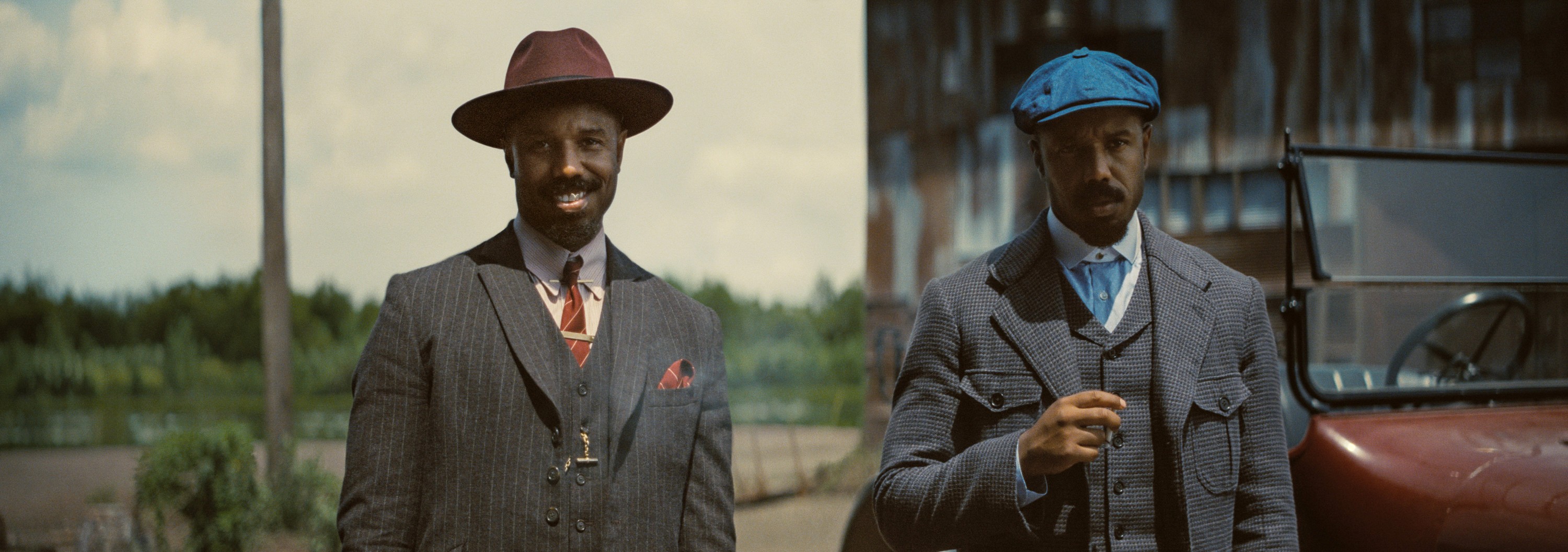
Ryan Coogler’s smash hit success “Sinners” has a lot on its mind, fusing Southern Gothic and vampire genre trappings with reflections of Black culture and identity. At its center is a heartrending story of brothers, embodied in a pair of great performances by a slick and charismatic Michael B. Jordan. Unlike plenty of twins on this list, Smoke and Stack — the Great War vets turned gangsters who roll into their small Mississippi hometown eager to open up an illicit new juke joint for the Black community — are more similar than they are different, following a near-identical path in life and sharing the same clever wit and deep dedication to their community. Jordan makes their differences (Smoke is a bit more insular, Stack a bit more gregarious) apparent through his acting, and those differences — along with, of course, the vampire clan that invades their establishment — is what eventually leads their paths to diverge in poignant, operatically tragic fashion.


